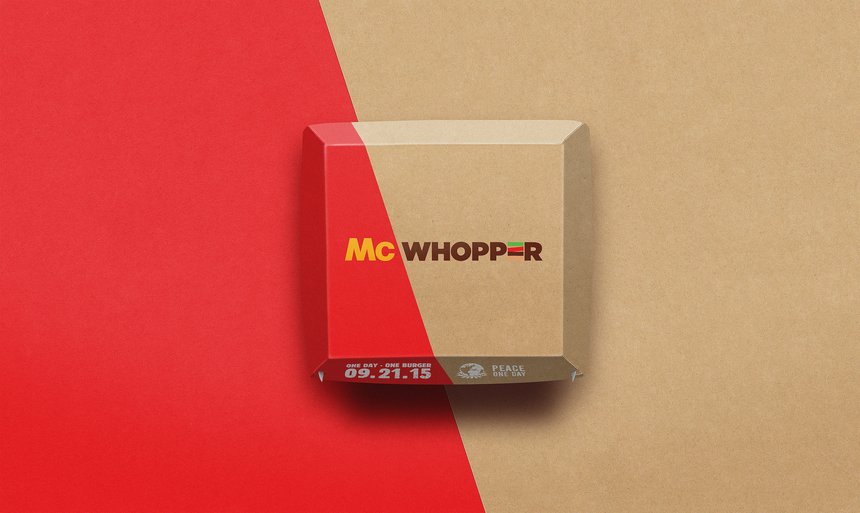What kind of creative excellence really deserves awards?
I’m currently driving from New York to LA and back (family holiday).
Somewhere between Columbus, Ohio and Triadelphia, West Virginia, I saw an Oreo truck, which made me think: who invented Oreos? And isn’t it fucking amazing how popular they’ve become and remained, across many countries?
Isn’t it funny how much we venerate music, movies and art, yet barely spare a thought for Etch-a-Sketches, Prets and biros, all of which often impact our lives in much more fundamental ways.
Look how creative Arctic Monkeys and 12 Years A Slave are! Watch as they sell a million albums or win a bunch of Oscars! Compared to the genius who discovered the Mars Bar combination of caramel, nougat and chocolate they are both gnats farts.
And no, I’m not saying that creativity is a popularity contest, but to have made such a consistent, positive and lasting impact on so many millions with an invention is surely a far greater act of creativity than an album whose shelf life is a couple of years at best.
You could even compare these other things to classics like Casablanca or St Pepper: they’ve lasted decades and still give the same enjoyment to subsequent generations that weren’t even born when they were invented.
Monopoly, Coke, Robertson’s Golden Shred, your favourite magazine, Clarins make up (or whatever brand you like), Levi’s, Tetris, cats eyes (the ones in the middle of roads), Post-Its, Le Creuset saucepans, the X-Box, Ray-Ban Wayfarers, your favourite blogs and podcasts, Pedigree Chum, a great pillow that holds its shape, the Rubik’s Cube, those Saucony trainers that take five seconds off your mile time, a Zippo lighter…
They may not have award shows at Cannes for all of the above (the product design section of D&AD has been eclectic enough to include the iPhone and a JCB, but very few of the kind of things you buy every day), but they ought to be as celebrated as any integrated, 360, mobile wankathon that might win a few Grands Prix.
As an example, here’s a massively-awarded spot from a while ago that might as well never have happened:
What’s a greater act of creativity, that or Cadbury’s Creme Eggs?
And what great creations do you think are more deserving of recognition?
